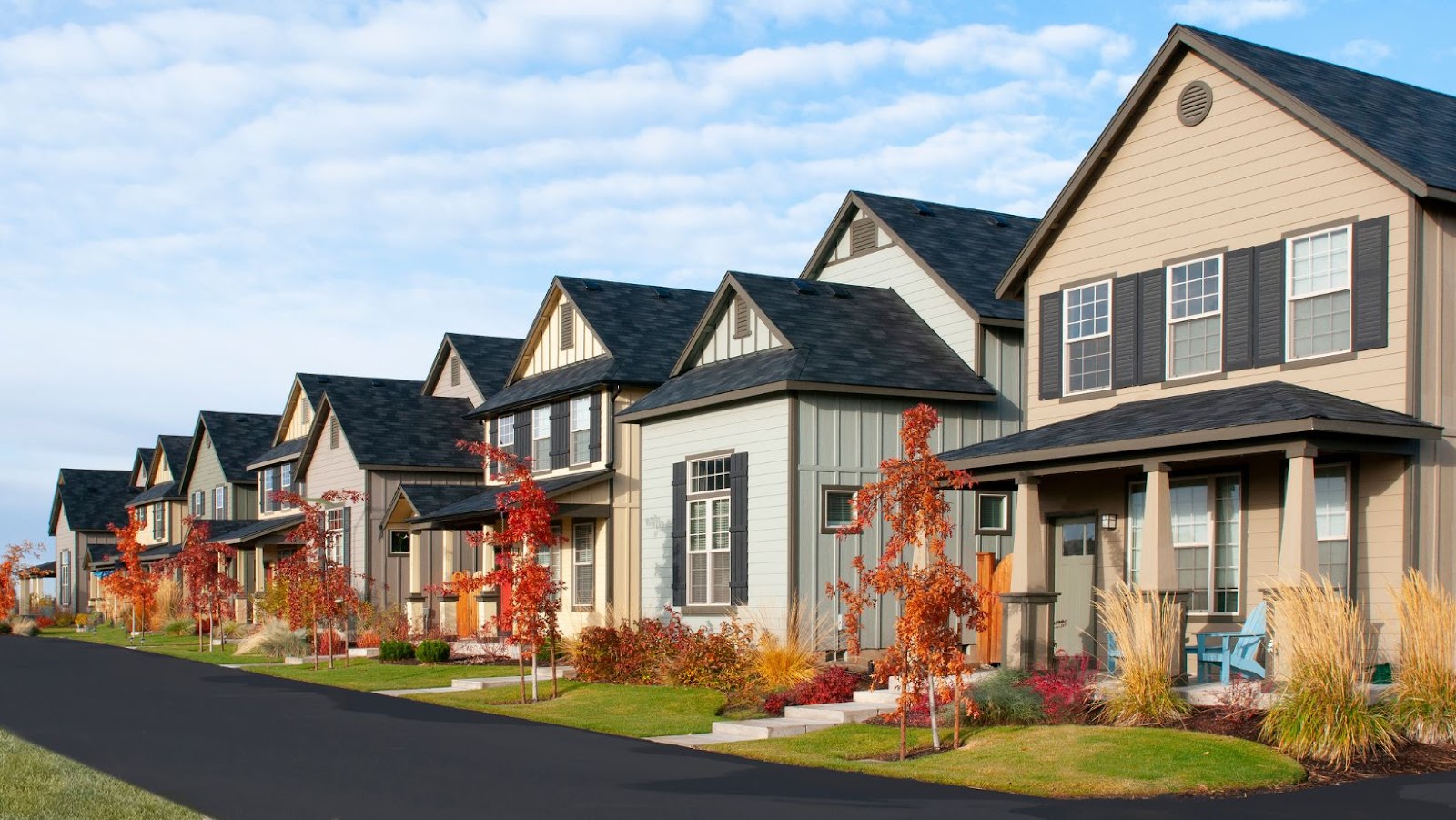Reduce Highway Noise in Your Backyard: Effective Strategies & Tips
How To Reduce Highway Noise In Backyard
The peace and serenity of a home’s outdoor space can be significantly disrupted by the relentless hum and roar of highway traffic. Understanding how to reduce highway noise in your backyard is essential for reclaiming this peaceful retreat. This section covers the impact of traffic noise and explores the factors that contribute to its intrusion into your backyard space.
Impact of Highway Noise on Backyard
The incessant noise from a nearby highway doesn’t just mar the tranquility of outdoor living spaces; it can also affect the overall quality of life. Prolonged exposure to such noise pollution can lead to increased stress levels, disturbed sleep patterns, and even cardiovascular issues. For children playing in the yard or adults seeking a serene spot for relaxation, the constant buzz can significantly detract from the enjoyment and utility of these spaces. Addressing this issue is not just about comfort but also about health and well-being.
Factors Contributing to Highway Noise
Several factors influence the level of highway noise that penetrates into backyards:
- Proximity to the Highway: Understandably, homes closer to the highway are more exposed to traffic noise. The sound levels drop significantly as the distance from the highway increases.
- Topography and Natural Barriers: The surrounding landscape plays a crucial role in the transmission of sound. Hills and dense vegetation can naturally dampen noise levels before it reaches your backyard.
- Traffic Volume and Speed: More cars and higher speeds result in greater noise. Interestingly, heavy trucks contribute disproportionately to noise levels compared to passenger cars, due to their larger engines and tires.
- Barrier Materials and Heights: The effectiveness of man-made barriers, such as fences and walls, largely depends on their materials’ soundproofing qualities and how tall they are. Generally, taller and denser barriers provide better sound reduction.
 Assessing Your Backyard for Noise Levels
Assessing Your Backyard for Noise Levels
Reducing highway noise in your backyard starts with a thorough understanding of your current noise levels. This step is essential for tailoring noise reduction strategies that are both effective and cost-efficient.
Conducting a Noise Assessment
To gauge the extent of how to reduce highway noise in backyard, homeowners should first conduct a noise assessment. This evaluation involves several key steps to accurately measure and analyze noise levels, which then informs the best course of action for mitigation.
- Identify Peak Noise Times: Track when highway noise is at its loudest. This often coincides with rush hours but can vary. Knowing peak times helps in assessing the worst-case scenarios and planning accordingly.
- Use Sound Level Apps: Several smartphone apps can measure decibel (dB) levels. While not as precise as professional equipment, they’re a good starting point for homeowners to understand their noise environment.
- Consider Professional Assessment: For comprehensive analysis, hiring a professional to assess noise levels can provide detailed insights. They use advanced tools to measure frequencies and pinpoint specific noise sources, offering a solid foundation for mitigation strategies.
- Document Findings: Record data on noise levels at different times and spots in the backyard. This documentation is crucial for planning noise reduction measures and tracking their success over time.
 Implementing Noise Reduction Measures
Implementing Noise Reduction Measures
Once homeowners know how to reduce highway noise in backyard, it’s crucial to implement noise reduction measures to enhance outdoor tranquility. Strategically placed barriers and soundproofing techniques can significantly lower the impact of highway noise, creating a serene backyard oasis.
Installing Sound Barrier Fences
Sound barrier fences are essential in reducing highway noise in backyards. These barriers work by reflecting or absorbing sound waves, thus diminishing the overall noise level that penetrates one’s outdoor living space. For effectiveness, fences need to be constructed of dense materials like:
- Solid wood
- Concrete
- Masonry
- Acrylic panels
The height of the fence plays a crucial role in its efficiency. Generally, a fence should be at least 8 feet tall to obstruct direct sound paths. Homeowners considering this method should also ensure there are no significant gaps in the barrier, as sound can easily leak through openings, reducing the overall effectiveness of the noise reduction measure.
Soundproofing Your Home
While creating a peaceful backyard is the primary goal, reducing highway noise intrusion inside the home is equally important. Soundproofing techniques enhance indoor tranquility, complementing efforts made outdoors. Key strategies include:
- Upgrading windows and doors: Installing double or triple-pane windows and sound-reducing doors can substantially lessen noise.
- Adding insulation: Utilizing sound-absorbing materials in walls, ceilings, and floors can prevent noise from entering the home.